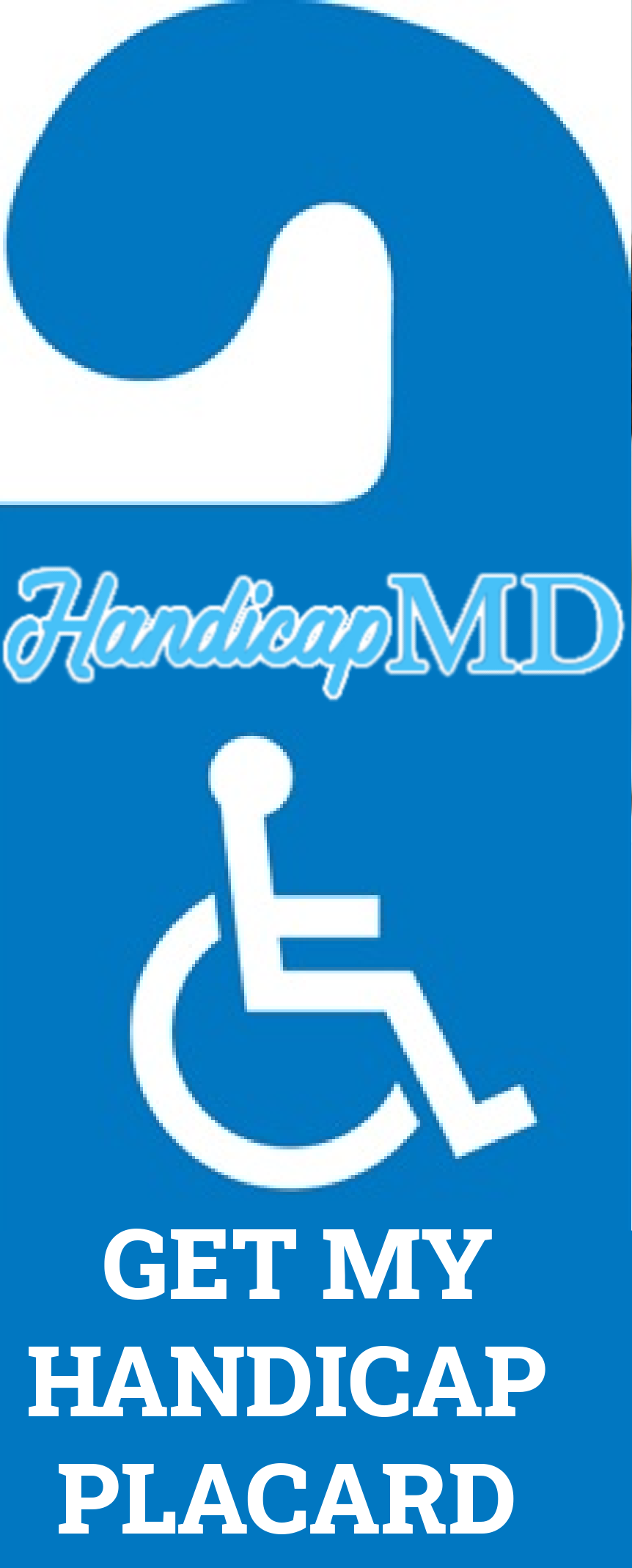
Unveiling the Qualification Mysteries: Understanding the Eligibility Criteria for a Handicap Placard in Nevada
Introduction
Navigating the eligibility criteria for a handicap placard in Nevada can be complex, but it's crucial for those in need of this vital resource. Understanding the qualifications ensures fair access and benefits for individuals with disabilities. In this guide, we'll delve into the intricacies of eligibility requirements, shedding light on the process and empowering individuals to secure the assistance they deserve.
Eligibility Criteria Overview
Types of Disabilities Covered
Physical Disabilities
Individuals with physical disabilities that significantly impair their mobility are typically eligible for disability passes. This includes conditions such as paralysis, arthritis, and limb impairments that affect walking.
Cognitive Disabilities
Certain cognitive disabilities, such as autism or traumatic brain injuries, may also qualify individuals for a disability pass. These disabilities may impact an individual's ability to navigate public spaces safely.
Visual Impairments
Individuals with severe visual impairments that affect their ability to drive or walk safely may be eligible for a handicap permit. This includes conditions like legal blindness or low vision.
Temporary Disabilities
Temporary disabilities resulting from injuries, surgeries, or medical treatments may also warrant the issuance of a temporary pass. These are valid for a limited duration, typically until the individual's condition improves.
Application Process Demystified
Initiating the Application
Commencing the application process for a Nevada handicap placard involves gathering requisite documentation and completing the appropriate forms. Understanding the paperwork ensures a smooth and efficient submission process.
Navigating Medical Certification
A crucial aspect of the application entails obtaining medical certification from a qualified healthcare provider. This certification validates the applicant's need for a handicap permit based on their medical condition.
Submission and Review
Once all documentation is compiled, applicants submit their materials for review by the Department of Motor Vehicles (DMV). Timely and accurate submission enhances the likelihood of a successful application.
Benefits and Privileges
Accessible Parking Privileges
One of the primary benefits of obtaining a disability permit is access to designated disabled parking spaces. These spaces are strategically located to facilitate convenient access for individuals with disabilities.
Exemption from Parking Fees
In addition to designated parking, disability pass holders may be exempt from certain parking fees or restrictions. This alleviates financial burdens and enhances accessibility in various settings.
Renewal and Compliance
Renewal Procedures
Maintaining compliance with renewal procedures is essential to ensure uninterrupted access to handicap placard benefits. Understanding renewal timelines and requirements streamlines the process for existing placard holders.
Compliance with Regulations
Adhering to applicable regulations and guidelines is paramount for all authorized holders. Failure to comply with stipulated requirements may result in penalties or revocation of privileges.
Understanding the Eligibility Criteria for a Handicap Pass in Nevada
Meeting Essential Requirements
To qualify for a disability permit in Nevada, individuals must meet specific physical and legal criteria outlined by the state.
Obtaining Medical Certification
Medical certification from a licensed healthcare provider is a prerequisite for demonstrating the need for a pass based on the applicant's medical condition.
FAQs (Frequently Asked Questions)
- Q: Who qualifies for a disability pass? A: Individuals with significant physical, cognitive, or visual impairments that affect their mobility or ability to navigate public spaces safely may qualify for one.
Q: How long is a permit valid for? A: The validity period of a handicap permit varies depending on the type issued and the individual's disability. Standard placards are typically valid for several years, while temporary ones have a shorter validity period.
Q: Can I use my disability pass in other states? A: Many states have reciprocal agreements recognizing these special passes issued by other states. However, it is advisable to check the specific regulations of each state before using a pass outside of Nevada.
Q: What should I do if my permit is lost or stolen? A: If your disability permit is lost or stolen, report it to the DMV immediately and request a replacement. You may need to provide proof of identity and pay a replacement fee.
Q: Are there any restrictions on using a disability pass? A: Handicap placards are intended for the use of individuals with disabilities and their caregivers. Misuse of permits, such as lending them to others or using them without transporting a qualified individual, is subject to penalties.
Conclusion
Navigating the eligibility criteria for a handicap placard in Nevada is essential for individuals with disabilities seeking equitable access and support. By understanding the qualifications, application process, and associated benefits, individuals can confidently pursue the resources they need to enhance their mobility and independence.
Remember, understanding the eligibility criteria for a handicap placard in Nevada is the first step towards accessing vital resources and support for individuals with disabilities.
.png)






